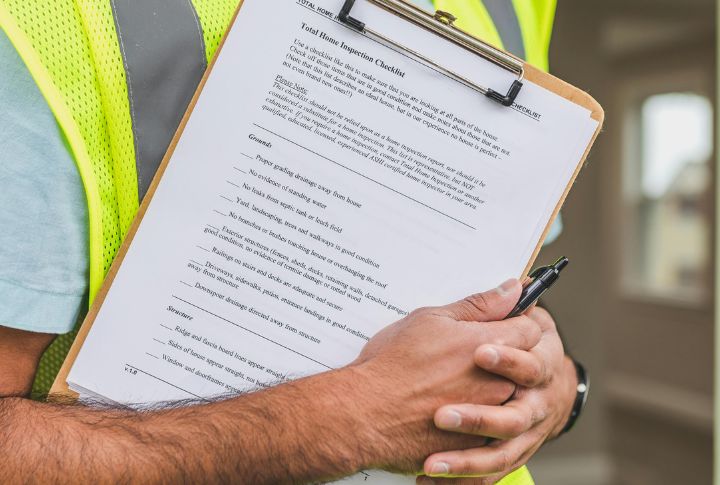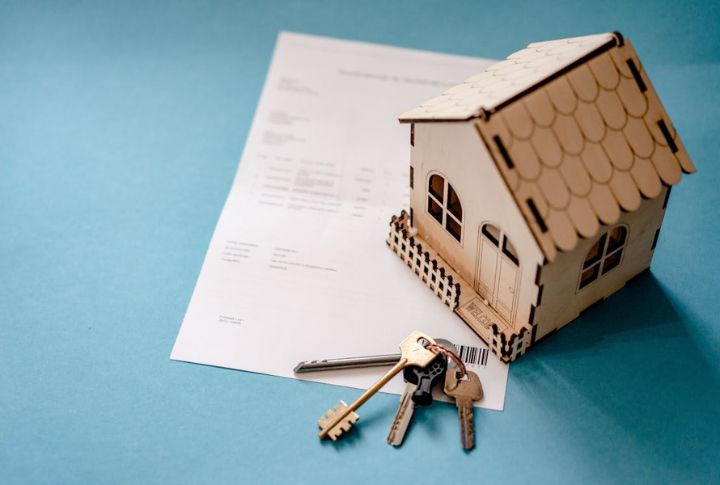
Let’s be real—listing your home publicly can feel like setting up a very expensive lemonade stand. Strangers stroll in, peek into your closets, critique your choice of backsplash, and then vanish without so much as a “nice curtain.” So, if you’re eyeing the off-market route by selling your home privately, here are ten essential things you should know.
Off-Market Sales Don’t Mean Secret Deals

While the process of private home-selling skips public advertising, the sale itself still lands in public property records. Behind the scenes, buyers’ agents often pass around exclusive listings within trusted professional circles, ensuring that off-market homes still catch the right eye—even if quietly.
Private Listings Attract Serious Buyers

Private listings may not draw the crowds, but they attract the right kind of attention. With no visibility on platforms like the MLS, these homes reach a more selective audience. The buyers who respond are drawn by the promise of less competition and the potential for flexible terms not usually found on the open market.
FSBO Sales May Limit Your Legal Protections

Going the For Sale By Owner route puts you on the legal front line. Without an agent, you’re responsible for every detail—disclosures, contract clauses, deadlines, and more. In short, a misstep in wording or missing form can open the door to costly consequences, including disputes long after closing.
Appraisals Still Matter Without The MLS

Skipping the MLS doesn’t mean skipping the numbers. Buyers usually request independent appraisals to ensure the price reflects current market value, especially in the absence of public listing data. And if financing is involved, lenders will insist on one. Hence, off-market or not, the value still has to add up.
Pricing Too High Can Sabotage A Quiet Sale

Off-market listings don’t benefit from the usual cues—no showing traffic, no online clicks, no open house chatter. That means if your price is too ambitious, there’s no quick way to course-correct. Since there are no comps to back it up, buyers may silently pass, assuming the property is overpriced and not worth the inquiry.
Disclosure Laws Still Apply In Private Deals

Just because a sale happens off the radar doesn’t mean the rules disappear. State laws still mandate written disclosure of known material defects, like foundation damage, roof leaks, or pest issues, regardless of how the deal is made. Skipping this step, even in a verbal or informal arrangement, can backfire fast.
You Might Miss Out On Multiple Offers

One major tradeoff in an off-market sale is the absence of buyer competition. Public listings fuel urgency, as buyers know others are circling and often sweeten their offers to stand out. In a private sale, with fewer eyes on the property, that bidding-war energy rarely materializes. Therefore, fewer offers mean less leverage.
Cash Buyers Dominate The Off-Market Scene

Off-market sales draw in cash-ready buyers—investors or high-net-worth individuals looking for smooth, fast closings. Since these buyers typically skip mortgage approval, the deal moves quickly and with fewer complications. Their preference for efficiency makes them common in private sales, where streamlined transactions are key.
Title Issues Can Derail Quiet Transactions

Agent-free sales generally skip key checkpoints, and that’s where title issues slip in. Lingering liens, unpaid taxes, or boundary disputes might go unnoticed until the final stretch when a title search brings them to light. These surprises can delay closing or derail the deal entirely.
Private Inspections Are Still A Must

Just because a sale flies under the radar doesn’t mean it should skip scrutiny. Home inspections reveal hidden issues—think faulty wiring, mold, or structural flaws—that aren’t obvious during a quick tour. Overlooking a pre-inspection can expose the seller to future disputes if serious problems surface after closing.
